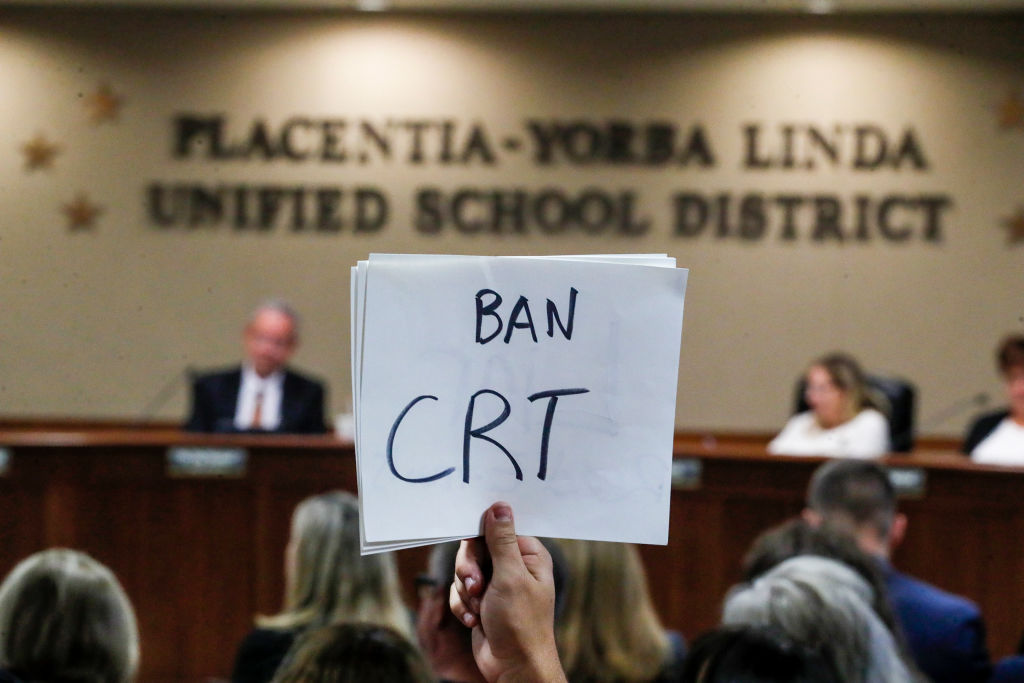Making education domestic again.
Lifting Sunken Boats

New research from Wisconsin shows that school choice helps students in all schools.
As private school choice programs expand at a rapid pace across the nation, a common complaint is that they will harm public schools. In Wisconsin, where a large increase in private school choice funding was recently passed, a state senator claimed that public schools would be “defunded,” despite $1 billion in public school increases being passed at the same time. In Iowa, where a ground-breaking Education Savings Account was passed earlier this year, the director of Iowa’s School Board Association complained that the funding “can be better spent serving the 485,000 students in public schools, given the needs that they have.” With school choice options growing across the nation, it is important for policymakers to know whether these complaints are valid. Fortunately, new research is able to answer this question.
We analyzed data from Wisconsin, where one of the nation’s oldest school choice programs began in Milwaukee in 1990. In addition to the Milwaukee program, Wisconsin has been home to a statewide school choice program since 2013, providing a lengthy time frame to study. We compared public school proficiency outcomes across districts as enrollment in school choice increased. Contrary to the doom-and-gloom predictions of some choice opponents, we found that there was no impact on math outcomes, and a positive relationship to reading outcomes—as choice enrollment in a district increased, so did public school test scores. In other words, the growth of school choice did not harm public schools and may have even helped them.
Our research on Milwaukee is consistent with other research from around the country in the last decade that has found positive effects on public schools. A summary by EdChoice in 2021 reported that 25 of 27 studies found positive effects on public school students, with one study finding no effect and one study finding a negative effect.
How is this possible? The answer goes back to the roots of school choice in applying market forces to education. In the absence of school choice programs, public schools exist as a monopoly for the large majority of families that cannot afford private options. As with most monopolies, public schools with a captive audience have little incentive for creativity or improvement. But the introduction of competition—and the prospect of losing funding to schools that provide a preferable option to families—can spur public schools to action.
The positive findings for public schools are coupled with evidence of better outcomes for students participating in school choice on everything from test scores to avoiding criminal activity. So why is the Left opposed to choice? Like most things in politics, the answer can be found by following the money. Recent research from the Heritage Foundation on rural Texas, and our analysis in Wisconsin, found more than 90 percent of donations from teachers went to Democratic politicians. Public school bureaucracies fear the competition that school choice can bring, and the elected officials who rely on teachers and their unions to fund their campaigns close their eyes and ears to countervailing truths.
The era of parental empowerment that began during the COVID-19 pandemic has continued to flourish in the years since. Parents have had their eyes opened to the poor quality of instruction that exists in many public schools, as well as the biased political agendas that are being pushed in many districts in lieu of basic math and reading. The myth of harm to public schools is one of the few life rafts that the public-school establishment clings to against the tidal wave of parental anger and demand for alternatives. But that myth has been significantly refuted by the research here.
The American Mind presents a range of perspectives. Views are writers’ own and do not necessarily represent those of The Claremont Institute.
The American Mind is a publication of the Claremont Institute, a non-profit 501(c)(3) organization, dedicated to restoring the principles of the American Founding to their rightful, preeminent authority in our national life. Interested in supporting our work? Gifts to the Claremont Institute are tax-deductible.
A new project lays bare the use of public funds to promote hateful discourse.
Associations of school boards are the latest example of administrative power gone mad.
Training policy personnel is crucial in mounting a counter-offensive.
Taxing universities is key to solving our student debt mess.





